Receptivity: The Underrated Skill That Transforms How We Connect
Just recently, I listened to my mindfulness mentor, skepticism etched across my face as she made her unexpected suggestion "Have you considered using AI to support your practice?".
The irony wasn't lost on me - here was a meditation teacher, someone deeply committed to human connection and presence, recommending technology I had dismissed as "scary, harmful, and robotic" to help me be more present, connected and grounded?! I had positioned AI as the enemy of authentic human connection, something that would only further fragment our already distracted lives. My mind was firmly closed to the idea.
What happened next transformed not just my relationship with technology, but my understanding of what it means to truly receive new information. Against my initial judgment, I decided to experiment and dabble if you will, with AI tools as instructed - and as I did, I discovered everything I'd formerly assumed was wrong. Rather than diminishing human connection, these tools automated the administrative tasks that had kept me from deeper work with clients. Instead of distracting me from mindfulness, they created space for me to reinstate a daily practice. The journal prompts they generated sparked insights I might never have reached alone.
The lesson here wasn't just about AI. It was about receptivity itself. While we invest heavily in becoming better communicators, we often neglect the complementary skill that truly drives innovation and results - our receptivity. How many opportunities, insights and connections do we miss when we approach life with a closed mind?How often do our predetermined narratives prevent us from seeing what's actually there? It’s time to reclaim it.
What is Receptivity?
Receptivity is the capacity to be genuinely open to external information, ideas, perspectives, and emotions without immediate judgment or resistance. It's about creating mental and emotional space to truly take in what others are communicating before forming a response.
Think of receptivity as the counterbalance to our natural tendency to project our own thoughts and expectations onto the world. It's about becoming a vessel first, rather than immediately being a broadcaster.
True receptivity goes beyond passive listening. It involves an active state of openness - a willingness to be changed by what we receive. When we're fully receptive, we temporarily set aside our own framework to make room for another's reality. We allow ourselves to be open to alternative possibilities and immerse ourselves in a new perspective or paradigm.
Why Receptivity Matters
1. Deeper Learning
When we approach information with genuine receptivity, we absorb it more completely and connect it more effectively to what we already know. Rather than filtering new information through our existing beliefs (which often leads to distortion or rejection), receptivity allows us to understand concepts on their own terms first.
The most profound learning experiences often come when we suspend our certainty and open ourselves to perspectives that challenge us. As Zen teacher Shunryu Suzuki noted, "In the beginner's mind there are many possibilities, but in the expert's mind there are few."
2. Authentic Connection
True understanding of others begins with receiving their full message - not just their words, but the feelings, values and experiences behind those words. We connect differently, more deeply. When people sense we're genuinely receptive, they feel safe to express themselves authentically rather than defensively.
This quality of receptivity creates the conditions for trust and connection to flourish. We connect more deeply when others know we're truly taking them in, not just waiting for our turn to speak or mentally preparing our rebuttal. It’s a communication gamechanger.
3. Innovation and Creativity
Many breakthroughs come from being open to unexpected ideas or connections. History is filled with innovations that emerged when someone was receptive enough to notice something others had overlooked or to combine seemingly unrelated concepts. When we suspend judgement and are open to exploring alternatives, the mind broadens.
In organisational settings, teams with greater collective receptivity consistently outperform groups where members are primarily focused on advancing their own ideas. The most innovative environments are those where people remain genuinely open to diversity and perspectives different from their own.
4. Personal Growth
We can only evolve when we're willing to receive feedback and new perspectives. Receptivity allows us to use every interaction as an opportunity for learning and refinement rather than merely seeking confirmation of what we already believe.
The path to wisdom often lies in being receptive to information that challenges us rather than comforts us or confirms what we already ‘know’. As philosopher Epictetus advised, "We have two ears and one mouth so that we can listen twice as much as we speak."
Why We Struggle with Receptivity
Despite its importance, receptivity doesn't come naturally to most of us. There are several reasons why this is the case:
Cognitive biases:
Our brains are wired to quickly categorise and judge information based on past experiences. This was evolutionarily advantageous for quick decision-making, but it creates significant barriers to receptivity and taking on new ideas in today’s world.
Confirmation bias leads us to readily accept information that confirms our existing beliefs while dismissing contradictory evidence. These mental shortcuts help us process our world quicker, but they aren’t always reliable or accurate. Other cognitive biases like anchoring, the availability bias and the halo effect similarly distort our reception of new information.
Ego protection:
Being fully receptive makes us vulnerable to information that might challenge our self-image. When we encounter ideas that contradict our identity or suggest we might be wrong about something important, our natural response is to become less receptive.
This defensive posture manifests in many ways: changing the subject, becoming argumentative, mentally checking out or focusing exclusively on flaws in the other person's thinking. Each of these reactions shields us from fully receiving potentially ‘threatening’ information that the Ego wants to avoid at all costs!
Information overload:
In today's world, we're constantly bombarded with inputs, making selective filtering necessary for our mental health. The sheer volume of information we encounter has trained us to quickly dismiss most of what comes our way.
While this filtering is necessary, it often becomes indiscriminate. We develop habits of partial attention and premature judgment that affect even those moments when full receptivity would serve us better.
The Illusion of Listening:
A very common issue I regularly hear and face myself is this: we often think we're listening when we're actually just waiting for our turn to speak. Research suggests that in typical conversations, we spend more mental energy planning our response than truly understanding what's being said.
This pseudo-listening creates the appearance of receptivity without its substance. We may nod and make appropriate sounds of acknowledgment while missing the heart of what someone is trying to communicate. There’s a huge difference in the quality of connection and relating deeply when you’re not fully present.
Outcome Fixation:
When we're focused on a specific goal, we tend to reject information that doesn't support it. This instrumental approach to communication - where we value input only to the extent it helps us achieve predetermined objectives - can severely limit our receptivity.
In business contexts especially, we often enter conversations with such strong outcome orientation that we become selectively receptive, hearing only what advances our agenda and filtering out the rest.
Building your receptivity skills
So with all of these barriers, biases and more, how do we develop greater receptivity? The good news is it is possible with intentional practice. Here are some simple and specific approaches that can help:
Practice mindful presence
Train yourself to fully inhabit the current moment without planning your response. Mindfulness meditation directly builds this capacity by teaching you to notice when your mind wanders and gently return it to the present.
During conversations, periodically check in with yourself. Are you fully present or has your mind drifted to formulating a response? When you notice yourself planning what to say next, gently redirect your attention to what's being communicated, stay in the here and now.
Embrace the beginner's mind
Approach conversations with curiosity rather than expertise. Challenge yourself to learn something new from every person you interact with, regardless of their background or experience level. Look for the gold, it’s there!
Try this: In your next three important conversations, begin with the assumption that the other person has valuable information you don't possess. Notice how this assumption changes the quality of your attention and the depth of your connection.
Create space between the stimulus and response
Develop the habit of pausing before responding. Just one breath will do. This small gap allows you to receive more fully before shifting into expression mode.
Practice comfortable silence. Many of us rush to fill conversational pauses, but allowing moments of silence creates space for deeper reflection and more thoughtful communication from both parties. Give it a go!
Ask better questions
Questions that genuinely seek understanding signal receptivity to others. Move beyond leading questions (which merely seek confirmation of what you already think) to open-ended inquiries that invite new perspectives.
Powerful questions to ask include: "What led you to that conclusion?", "Can you help me understand … ?", and "What aspects of this issue do you think I might be missing?"
Notice your physical state
Tension in the body often indicates closed receptivity. Our physical and mental states are deeply interconnected. That means when we're physically tense, (read: rushing, multitasking, overcaffienated and so on), we're usually less receptive to new information.
Practice relaxation techniques during conversations. Simple strategies like deep breathing, softening your facial muscles and maintaining an open posture can significantly increase your capacity for receptivity.
Journal reflectively
Regular writing helps process information you've received more deeply and I find it a really valuable reflection tool. After important conversations or learning experiences, take time to write about what you heard without immediately evaluating or responding to it.
Try this format: First, capture the essence of what was communicated as neutrally as possible. Only then, in a separate section, note your reactions, questions, and reflections.
Are you ready to reclaim your receptivity?
Like any valuable skill, receptivity develops through consistent practice. To boost your own receptivity, consider establishing a regular "receptivity practice" with these elements:
Designate certain conversations as receptivity-focused, where your primary goal is understanding rather than being understood
Create environmental cues that remind you to be receptive (perhaps a specific item on your desk or a reminder on your phone)
Find a "receptivity partner" with whom you practice deep listening exercises
Regularly seek feedback on how receptive you seem to others
Challenge yourself to engage meaningfully with perspectives that differ significantly from your own
The Joy of Receptivity
There's something wonderfully liberating about setting down the weight of always needing to broadcast our thoughts and simply being present to receive. It's like the difference between constantly talking during a scenic hike versus pausing to take in the view—both have their place, but only one allows us to be truly nourished by the experience.
Receptivity isn't just a skill to master; it's an invitation to a richer, more connected way of moving through the world. Each conversation becomes an opportunity for discovery, each person a potential teacher, each challenge a doorway to growth we might otherwise miss.
So perhaps today, you might experiment with being a little more receptive than usual. Maybe pause a beat longer before responding to your partner, approach a disagreement at work with genuine curiosity, or simply sit with a challenging idea without immediately accepting or rejecting it.
What might you discover if you approached just one conversation today with complete receptivity? I'd love to hear about your experiences in the comments below. After all, I'm practicing being receptive too! ✨
p.s. Want to deepen your receptivity practice? Subscribe to my newsletter for weekly mindfulness prompts and exercises designed to open your mind and heart to new possibilities.


